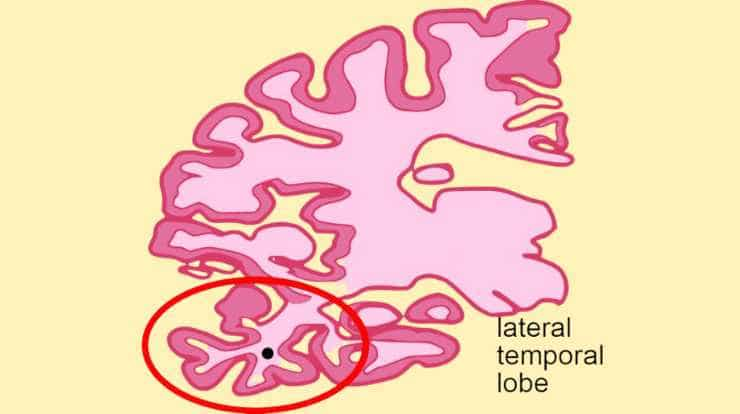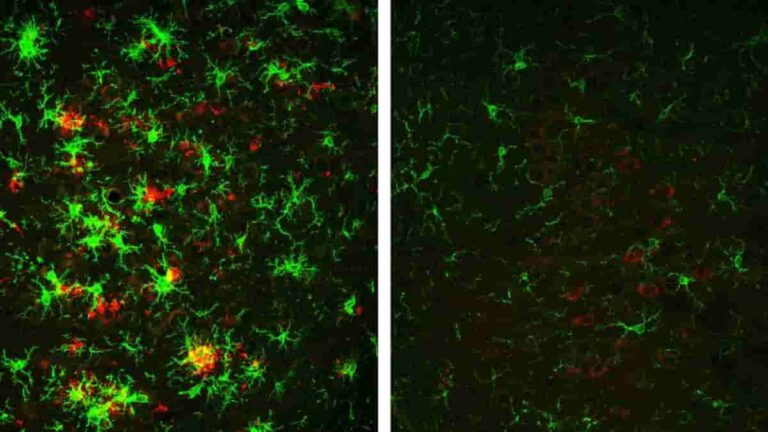The epigenomic landscape of Alzheimer’s disease brains is profiled in a new study from from the Perelman School of Medicine. Although some genetic variants are known to increase the risk of Alzheimer’s disease (AD), age is the strongest known risk factor. But the way in which molecular processes of aging predispose people to AD, or…
Category: Neurology
Can Having High Cholesterol Reduce Your Chances Of Dementia?
People over the age of 85 with high levels of cholesterol have a reduced risk of marked cognitive decline, according to a new study. Does this mean that having high cholesterol in old age can prevent the onset of dementia? Cholesterol is a waxy substance produced by the liver which is also found in many…
Retromer Stabilization Potential New Approach to Alzheimer’s Disease
Advancing the trafficking of cellular proteins in brain cells holds possibilities for new treatments and even prevention for Alzheimer’s disease, a new study from the University of Washington suggests. Researchers found that a compound that enhances the shuttling of proteins within cells reduced the production of forerunners of two proteins implicated in brain cell death.…
Disease Vulnerable Motor Neurons Show Increased Soma Sizes
Evidence that motor neurons change size over the course of disease progression and that, crucially, different types of neurons experience different changes, is reported in a new study. Previous studies in animal models of motor neurone disease have reported inconsistencies in the changes in the size of motor neurons. Motor neurone disease, referred to as…
Cardiolipin May Be New Target For Therapies Against Parkinson’s Disease
One of the factors behind nerve cell death in Parkinson’s disease has been revealed by a researcher at University of Guelph. His finding unlocks the potential for treatment to slow the progression of this fatal neurodegenerative disorder. Prof. Scott Ryan has found that cardiolipin, a molecule inside nerve cells, helps ensure that a protein called…
Biofabrication Of Brain-Microvessels From Stem Cells & ECM Proteins
A research team from Johns Hopkins University in the USA has recreated human brain microvessels within the lab. This is important as replicating brain-microvessels and the blood-brain barrier is crucial to studying both healthy function of brain blood vessels and the function and mechanisms of this in disease. Multiple diseases affect the blood vessels of…
Alcohol Use Disorders Biggest Risk Factor For Dementia
A nationwide observational study of over one million adults diagnosed with dementia in France has found that alcohol use disorders are the most important preventable risk factors for the onset of all types of dementia, especially early-onset dementia. The study specifically investigated the effect of alcohol use disorders, and included people who had been diagnosed…
Healthy Heart, Healthy Mind – Can Diet Really Influence Alzheimer’s Risk?
Dementia is a huge global health concern with the number of patients being diagnosed increasing annually. As a result, the number of annual deaths from dementia is also rising with every year. In England and Wales, for example, dementia is now the leading cause of death, replacing heart disease. Dementia itself is not a single,…
BACE1 Deletion Reverses Alzheimer’s Disease In Mouse Model
Gradual depletion of the enzyme BACE1 totally reverses the formation of amyloid plaques in the brains of mice with Alzheimer’s disease, thereby improving the animals’ cognitive function, researchers from the Cleveland Clinic Lerner Research Institute have found. The study raises hopes that drugs targeting this enzyme will be able to successfully treat Alzheimer’s disease in…

